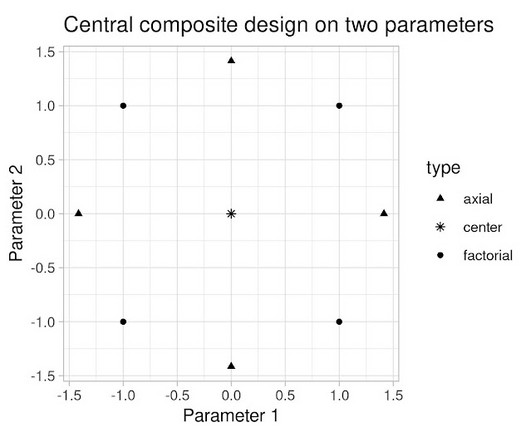Towards optimal experimentation in online systems
The Unofficial Google Data Science Blog
APRIL 23, 2024
the weight given to Likes in our video recommendation algorithm) while $Y$ is a vector of outcome measures such as different metrics of user experience (e.g., Taking measurements at parameter settings further from control parameter settings leads to a lower variance estimate of the slope of the line relating the metric to the parameter.













Let's personalize your content